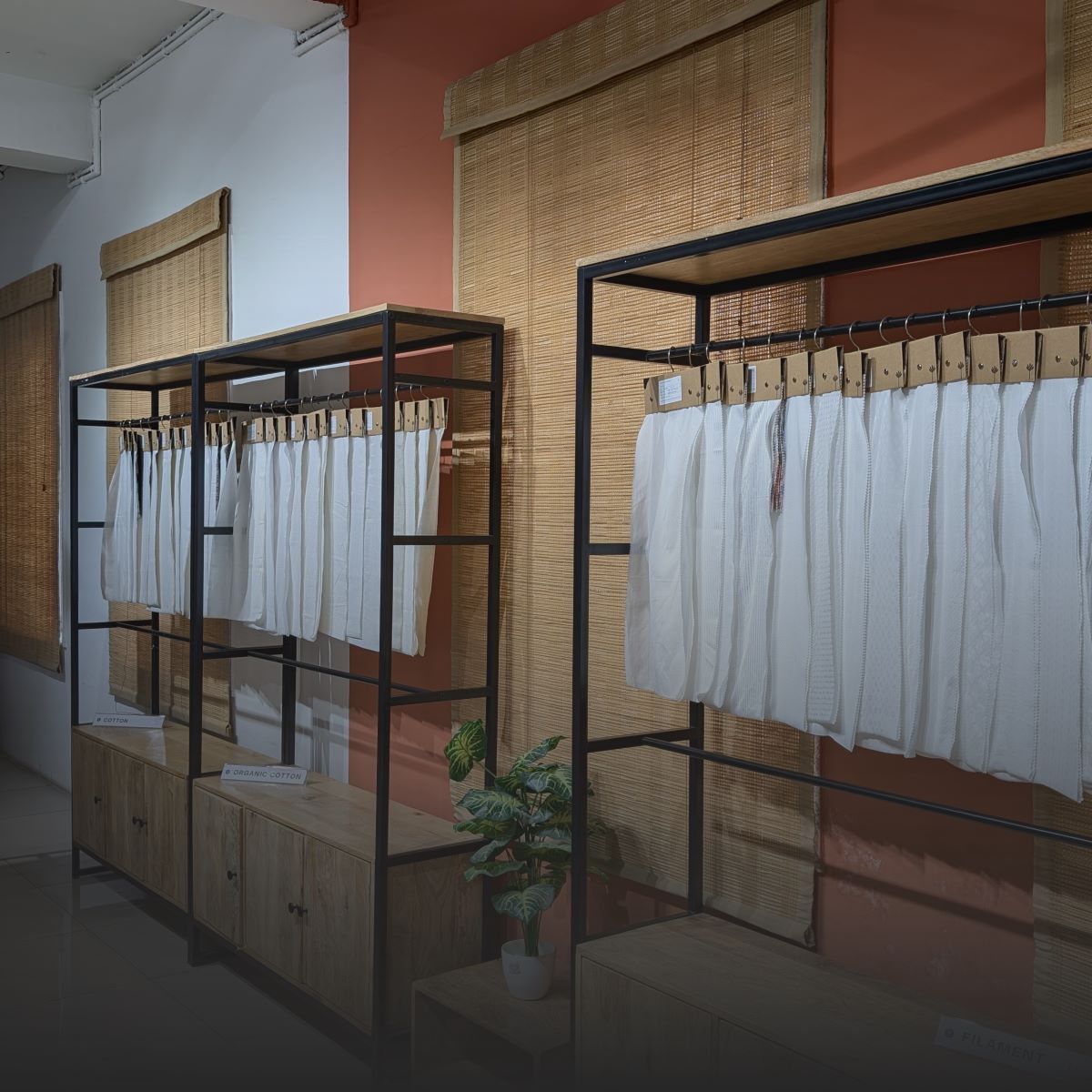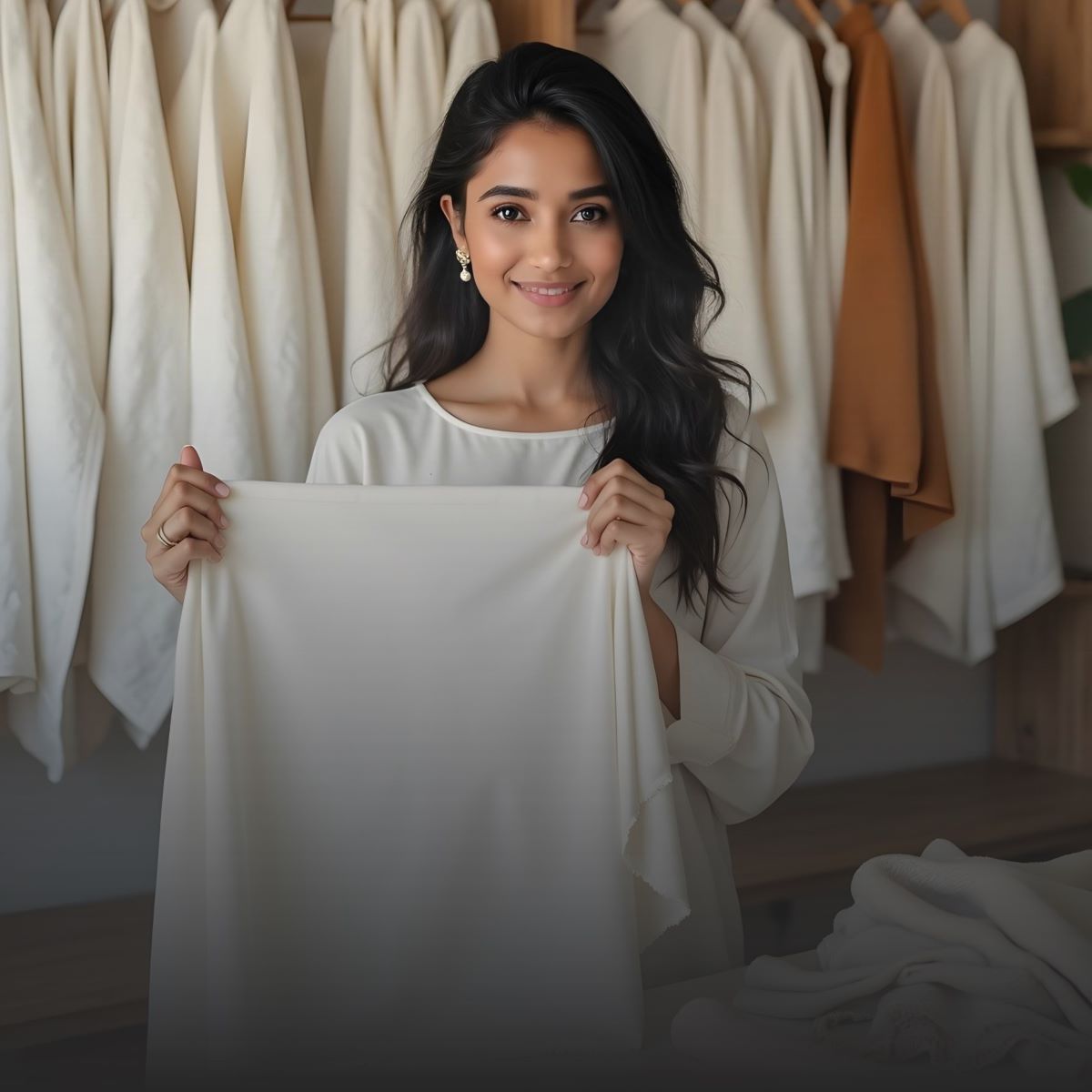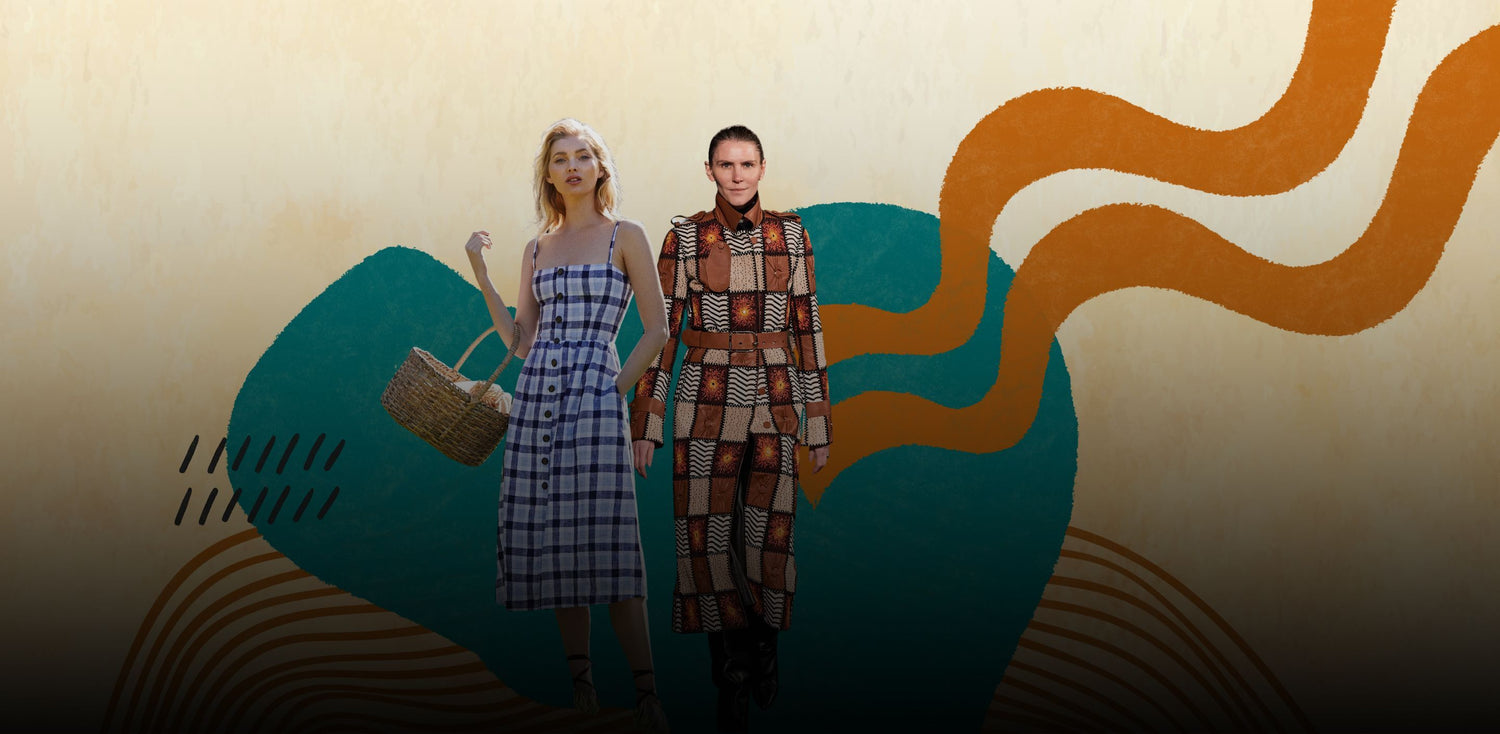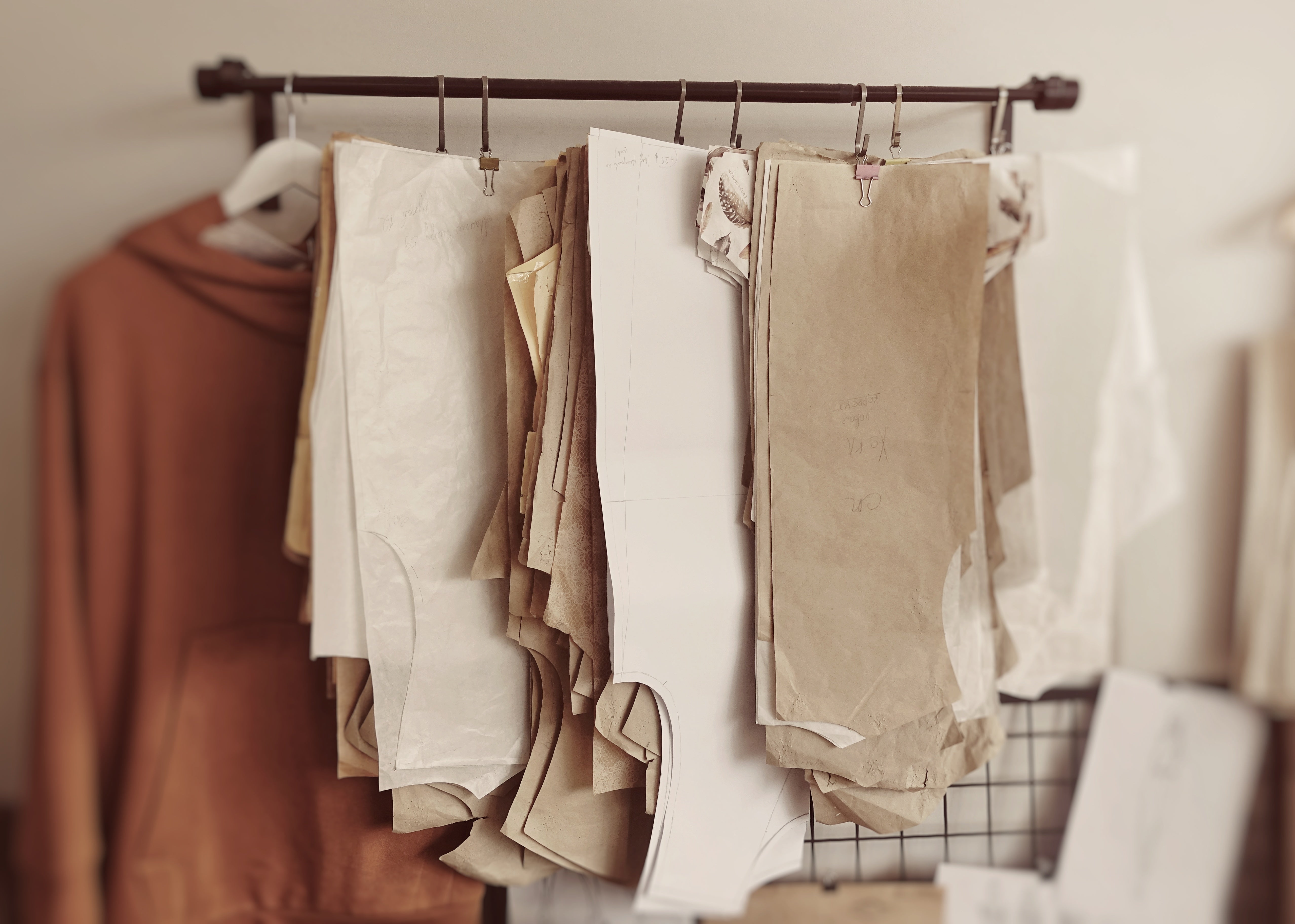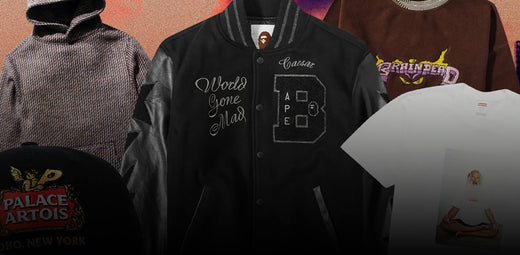Since its inception, the fast fashion industry has impacted both employees and the environment via the production of trendy, low-priced clothing that is often discarded just as quickly.
Companies with a commitment to sustainability are expanding despite the pandemic's effects. The public is gradually becoming more aware of the clothes they wear. We are all too familiar with the environmental damage caused by the fashion industry, which we know to be one of the biggest offenders. Air, land, and water are all negatively impacted by plastics and other non-biodegradable materials.
Since 2022, fashion’s footprint rose about 7.5% as virgin polyester stayed dominant, but U.S. resale kept accelerating and new SEC climate disclosures began pushing clearer, data‑backed climate targets. Reformation reported a 2023 footprint of 45,867 tCO2e with SBTi‑aligned cuts to 2030; Everlane shifted its no‑virgin‑plastic goal to 2025 and rebaselined its 2024 impact; Eileen Fisher’s Renew passed 2M take‑backs; Gabriela Hearst sustained Save the Children support and added EON digital IDs; Christy Dawn scaled regenerative cotton with Oshadi; and Girlfriend Collective kept core styles in rPET with a take‑back program.
Patagonia

Patagonia advances circularity through Worn Wear, a trade‑in, repair, and resale program that keeps gear in use longer by accepting eligible items for credit and reselling refurbished pieces on a dedicated platform. The company also runs ReCrafted—garments made from fabric scraps and returned items—to further reduce waste and extend product life cycles. Beyond product, Patagonia commits of sales to environmental causes via 1% for the Planet and publishes detailed environmental and social footprint disclosures.
Reformation

Originally founded as a small vintage clothing shop in Los Angeles, Reformation has come a long way from its humble beginnings. The firm quickly grew to include the manufacturing of its own line of clothes, which has timeless styles that hearken back through the ages while maintaining a commitment to ecological responsibility. Instead of outsourcing production to countries with less stringent labor laws, as many fast fashion companies do, Reformation set up shop in Los Angeles to promote a safe and fair workplace for all of its employees. Reformation is carbon neutral and offers an internal lifecycle tool called RefScale to inform its clients about the amount of carbon dioxide (CO2), water, and waste they would save by choosing the brand over other "average clothing."
Gabriela Hearst

Fashion designer Gabriela Hearst thinks clothes should have a purpose beyond just looking good. Her eponymous brand is a synthesis of her upbringing on a ranch in Uruguay and her current life in New York City, with forms cut from natural fabrics like aloe-treated linen. Save The Children, a non-profit that helps children affected by global calamities, and EON, a platform that monitors the lifespan of objects and makes the history available, are just two examples of the environmental organizations with which Hearst often partners.
Everlane

All of the products that Everlane makes are made to last. The firm claims that it will achieve net-zero carbon emissions by the year 2050, thereby fulfilling the goals of the Paris Agreement. Furthermore, by the end of 2021, it plans to have eliminated all virgin plastic from its supply chain. As of April 2021, all shipping bags are made from recycled plastic or FSC-certified paper, and 97% of its polyester and nylon apparel is created from certified recycled fibers. In addition to meeting several of these ethical and environmental standards, Everlane has earned the GOTS certification.
Eileen Fisher

Eileen Fisher created the "Social Consciousness" section to encourage long-term thinking about environmental issues. The group has grown considerably since its founding in 1997, and it now evaluates the brand's impact on its workers' health, happiness, and financial security from a variety of perspectives. In an effort to reduce its carbon footprint, the company uses sustainable fabrics including wool and Lyocell as well as recycled cotton. Approved coloring methods are used, and efforts are made to reduce the amount of water used to manufacture apparel. Eileen Fisher not only takes in gently used goods for resale, but also any broken or otherwise unusable pieces so that they may be repurposed into new things like fabric, pillows, and blankets, actively contributing to the circular economy.
Emilia George

Emilia George designs chic and comfortable maternity clothes without sacrificing quality or the environment. Since the company's launch in 2019, CEO and founder Elle Wang has worked toward the goal of providing women with high-quality maternity business attire. The business says that the recycled and OEKO-TEX-certified (chemical- and additive-free) fabrics included in this collection are the greatest option for pregnant women and new moms who may be sensitive to bright colors.
Organic Basics

Organic Basics places a high priority on sustainability, and we don't just say it to sound good. Since they want their products to last, they prioritize durability by using high-quality materials and skilled labor and by designing them with flexibility in mind. As the name suggests, this retailer specializes in what it calls "essentials," or the easiest and most practical items to wear. Furthermore, the firm asserts that it works with "great" European fabric manufacturers that provide their employees with benefits like free health care and paid vacation time in addition to a living wage.
Christy Dawn

Christy Dawn incorporates natural and eco-friendly materials and methods into her boho aesthetic. The company promotes a number of values, including giving back to those who have helped them (by forming mutually beneficial collaborations with farmers, weavers, dressmakers, and photographers), and recycling (by using deadstock textiles in subsequent collections).
Girlfriend Collective

Girlfriend Collective is the gold standard when it comes to sustainable, high-quality athletic clothing. It uses fabrics made from recycled water bottles, fishing nets, and other recyclable rubbish to produce high-performance leggings, joggers, shirts, and sports bras in a range of vibrant colors. All of the packaging are made from recycled materials, the inks used are safe for the planet, and production takes place at a socially conscious factory in Hanoi, Vietnam. Due to the company's transparency, you can learn everything about its workflow and how they operate.
RE/DONE

Sean Barron and Jamie Mazur founded RE/DONE in 2014 when they began giving their vintage Levi's a fresh look via tailoring. Their approach is naturally sustainable since it relies on the idea of upcycling, or the transformation of used materials into new products. Since its founding, the company claims to have saved more than 100,000 items of clothing from landfills by repurposing them into new products including tanks, sweatshirts, caps, and shoes. It's RE/SELL initiative, through hosting an online resale market, helps to spread awareness of the benefits of a circular economy.
FAQ
Can sustainable clothing be cheap?
Consumers can help the industry move away from the niche market and stabilize pricing by supporting sustainable products and investing in a sustainable market. As a result, by selecting businesses that practice sustainable fashion, the cost of it may be decreased, making it cheaper.
Is Zara more sustainable?
Recently, Zara announced a series of green initiatives that it would be undertaking. Five years from now, these goals will have been accomplished in areas as diverse as water conservation and trash minimization. Also, they have fought for bans on factories' use of certain dangerous chemicals.
We also happen to be a magnet for suggestions, and would love to catch yours….throw us yours on hello@fabriclore.com
Updated on 12/11/2025
